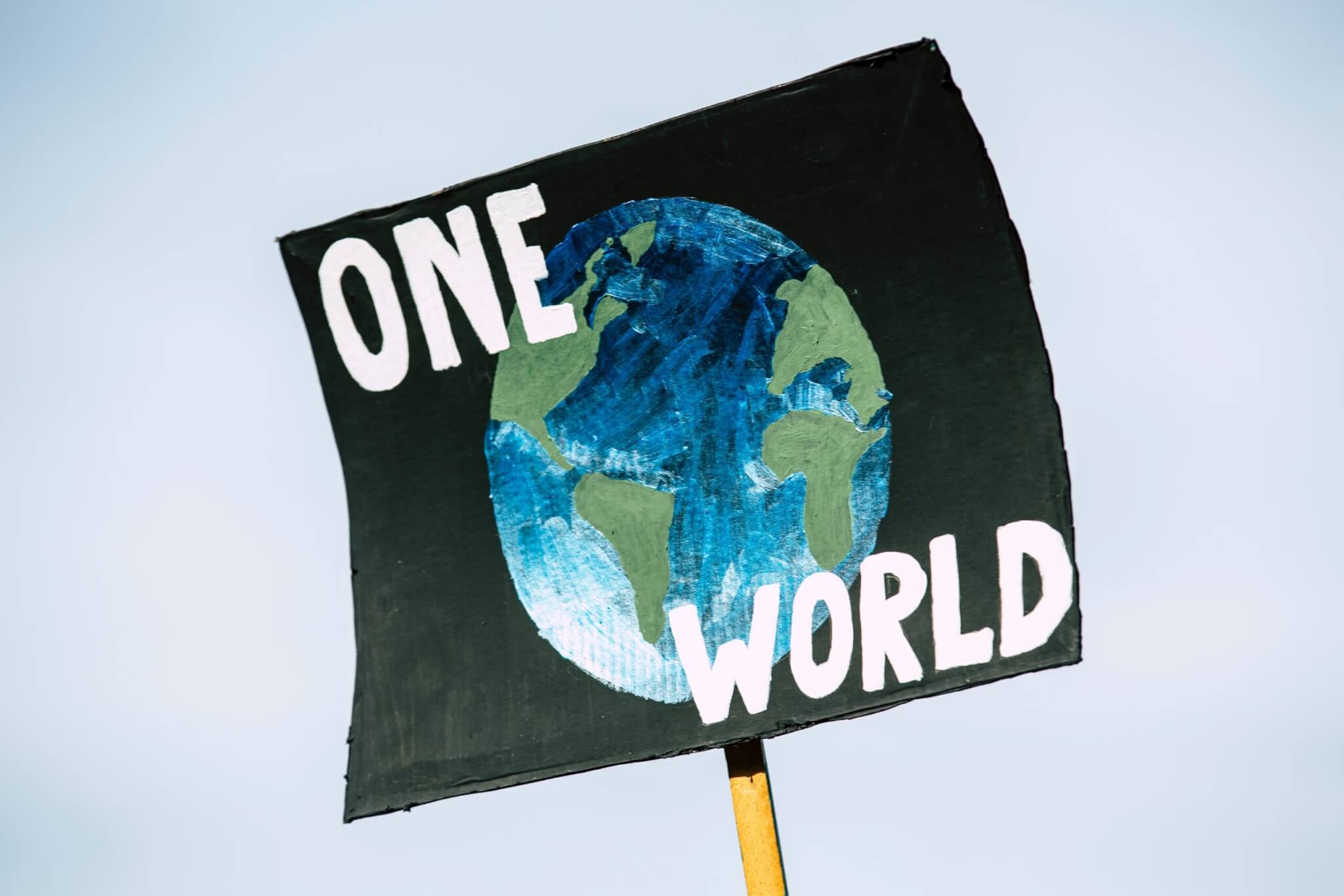Nationalism
Across the world, nationalism is on the rise. A reaction against the increasing complexity – and, to degrees, chaos – of world events means politicians who call for more domestic control and sovereignty are gaining ground. The result of this are tough policies on immigration (see for example recent changes made to migration and asylum policy in the UK), a decrease in investment in foreign aid, and a hesitancy to lead divestment from fossil fuels for fear it might lead to an economic disadvantage. The problem is that such problems can never be resolved in silos – let alone by punitive approaches.

Zero-sum
International relations are often seen through the prism of “zero-sum” politics – you win means I lose. This is in part because politicians have to justify to their domestic audience how their country benefits from, for example, trading agreements or international treaties. The problem is that this takes the negotiations away from a focus on benefitting humanity towards a narrow agenda that looks at individual nations and nationalities.

Silenced voices
One of the reasons why there has been a backlash against the “internationalisation” of politics is because ordinary people feel locked out from decision-making. There is a need to find new avenues from the public to engage more directly in international negotiations and summits. And the summits that do take place need to be more pluralistic. There remains a tendency for the richer nations to hold the power in international-governmental bodies like the United Nations: the Security Council, for example, gives a veto to five powers – Russia, the USA, UK, France, and China.

Skills
Across all fields there is a need for a new breed of leader with new kinds of skills. The challenges we face are complex and international. If we’re to deal with them we will need leaders who have the courage, wisdom, and strength to govern for humanity, to include marginalized voices, and to throw their compassion forwards to future generations.

